GANGgajang’s song Speak To Me in support of the Yes campaign for voice referendum
Iconic act famous for an Australian anthem of summertime sweat and burning cane fields becomes first to release a new song in support of voice referendum’s Yes campaign.
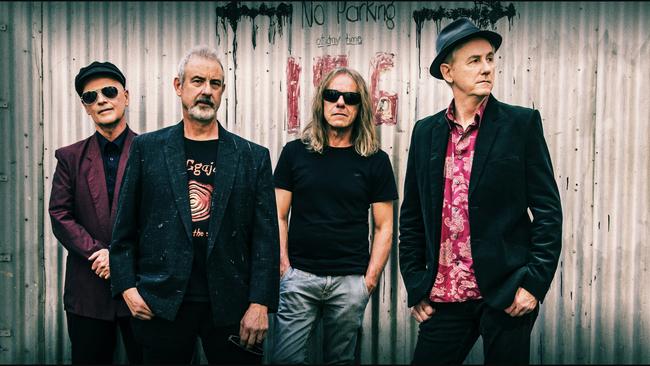
Sydney-born rock act GANGgajang has issued a song in support of the Indigenous voice referendum, marking the first new music to be issued by a notable Australian band for the Yes campaign.
Titled Speak To Me, the track features two distinctive collaborators in didgeridoo player William Barton and actor Jack Thompson.
“I hear a voice from the heart / It speaks to everyone,” says Thompson in his stentorian tone, during a spacious midsection between an electric guitar solo and Barton’s evocative didgeridoo improvisations.
“We kept wondering, ‘Where was the band with a song for the Yes campaign?’, because we all feel strongly that it’s a great thing for Australia if we have this change to the constitution,” GANGgajang frontman Mark Callaghan told The Australian.
“We got talking and we decided that we wanted to stand up and be counted, in a way. We’ve created a positive song, and tried to maybe downplay some of the fear and loathing that’s going on, and speak to a positive outcome on what a great thing it will be for Australia.”
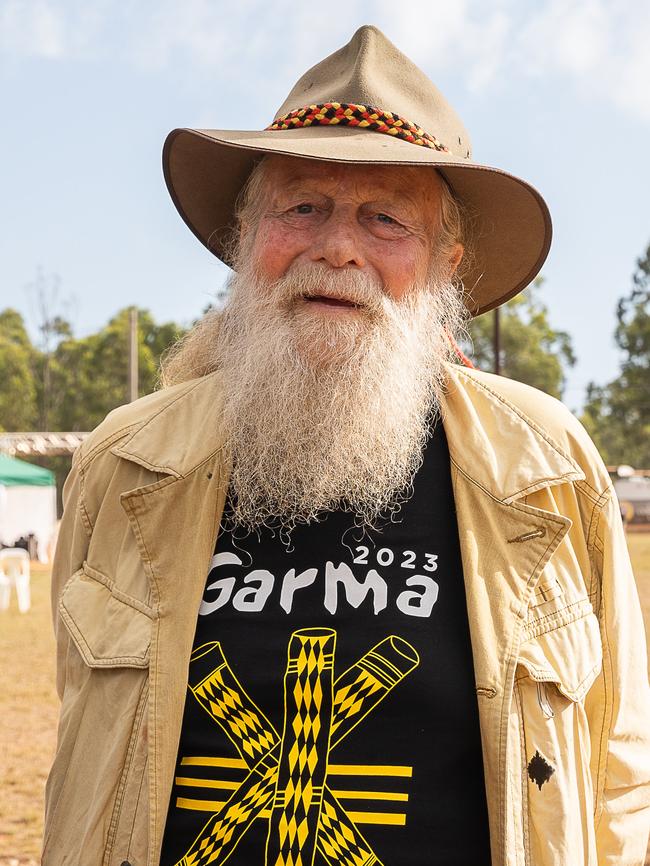
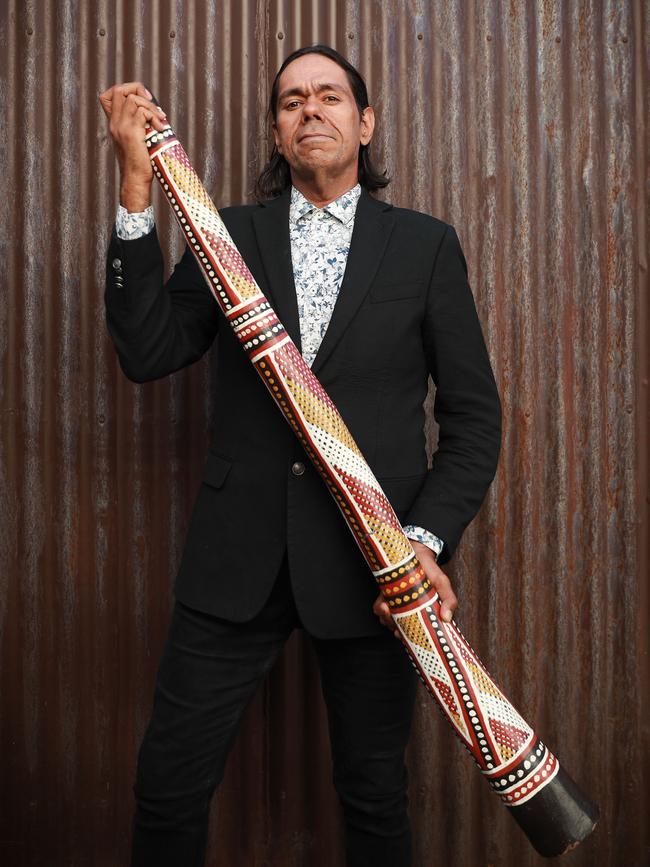
Formed in Sydney in 1984, the group was named by combining two ideas: the gang playing the music, and “gajang”, to approximate the sound of a strummed acoustic guitar.
Its best-known song is 1985’s Sounds of Then (This is Australia), whose evocative lyrics reference summertime sweat, humidity, grazing cattle and burning cane fields.
Almost 40 years after forming the gang, Callaghan and his bandmates – Geoff Stapleton, Graham ‘Buzz’ Bidstrup and Robbie James – decided to dig into their songbook to re-record an earlier work titled Hundreds of Languages, which opened the band’s 1994 album Lingo.
“In many ways, this is a song for the majority of Australians, not the minority who are First Nations people; we don’t want to tell them what to think, or how they should vote,” said Callaghan.
“The reality is, this referendum is going to be decided by the majority of Australians who are non-Indigenous,” he said. “Our song is aimed at them saying, ‘We’re ready to listen. Open your ears, and listen to what they have to say.’”
To date, much of the Australian music community has tended to steer clear of publicly commenting on the voice referendum, whose date has not been announced.
In 2020, Sydney rock band Midnight Oil released a mini-album, The Makaratta Project, whose title featured the Yolngu word meaning “a coming together after a struggle”.
Its seven tracks were themed around reconciliation, and included a raft of Indigenous Australian musical collaborators such as Jessica Mauboy and Dan Sultan. As well, the chart-topping release featured a reading of the Uluru Statement from the Heart by voices including Stan Grant, Pat Anderson, Adam Goodes, Ursula Yovich and Troy Cassar-Daley.
Asked about the recent absence of artists’ voices on this subject ahead of the referendum, Callaghan replied, “I think maybe it’s because there’s so much nervousness around it. I’ve got to say, I’m very nervous to be so publicly stating my position, because of all of the horrible blowback that’s around; the sort of toxic stuff that’s on social media. I fully expect that we’re going to cop an absolute hiding.”
“In my view, this [proposal] isn’t radical,” said the singer-songwriter. “This isn’t progressive. It’s not liberal; it’s just common human decency. These people should have a voice on matters that affect them. How else would you have it be? We’re all in.”



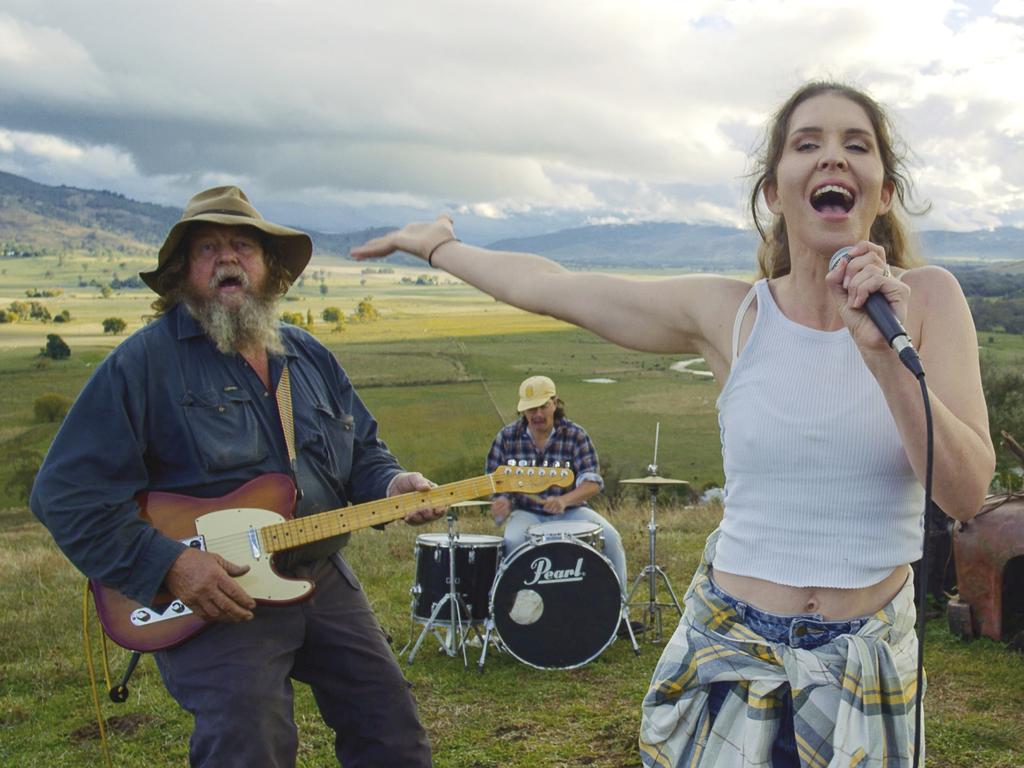
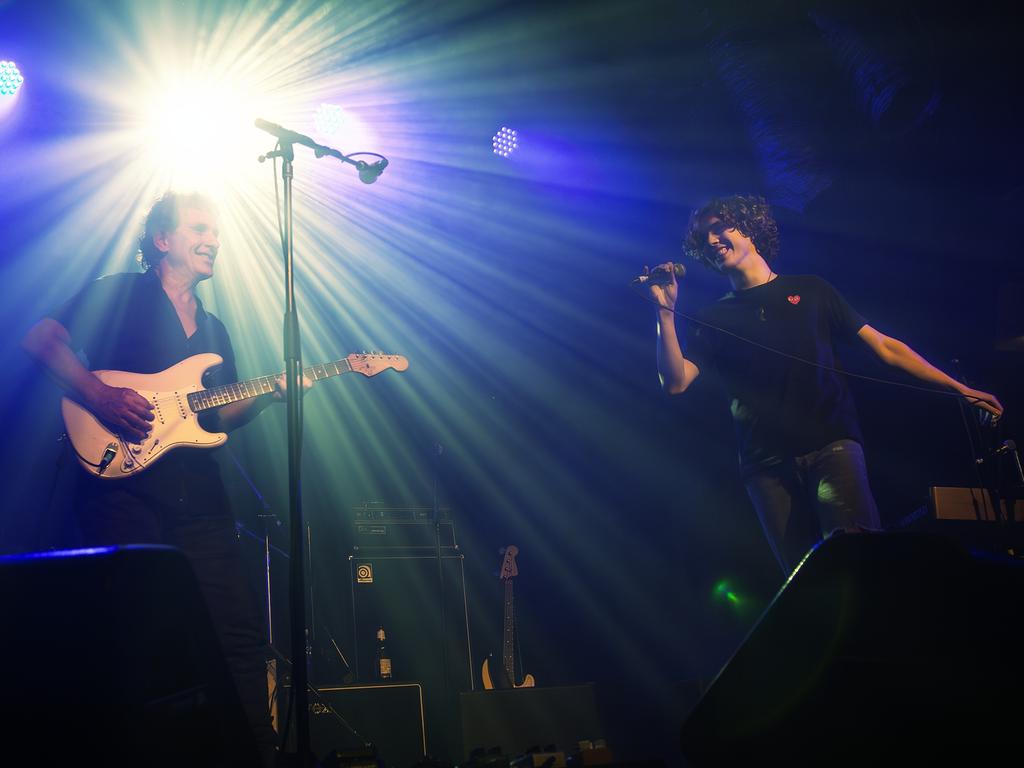
To join the conversation, please log in. Don't have an account? Register
Join the conversation, you are commenting as Logout